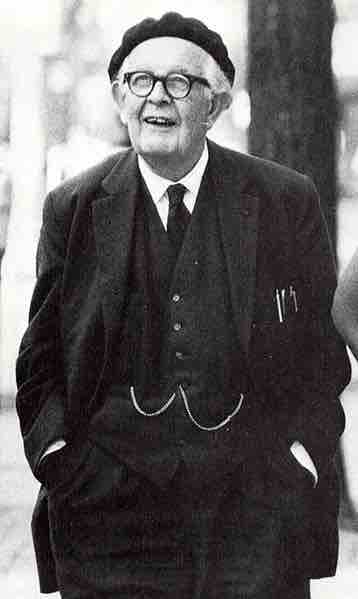Cognitive psychology is the school of psychology that examines internal mental processes such as problem solving, memory, and language. "Cognition" refers to thinking and memory processes, and "cognitive development" refers to long-term changes in these processes. Much of the work derived from cognitive psychology has been integrated into various other modern disciplines of psychological study, including social psychology, personality psychology, abnormal psychology, developmental psychology, educational psychology, and behavioral economics.
Principles of Cognitive Psychology
Cognitive psychology is radically different from previous psychological approaches in that it is characterized by both of the following:
- It accepts the use of the scientific method and generally rejects introspection as a valid method of investigation, unlike phenomenological methods such as Freudian psychoanalysis.
- It explicitly acknowledges the existence of internal mental states (such as belief, desire, and motivation), unlike behaviorist psychology.
Cognitive theory contends that solutions to problems take the form of algorithms, heuristics, or insights. Major areas of research in cognitive psychology include perception, memory, categorization, knowledge representation, numerical cognition, language, and thinking.
History of Cognitive Psychology
Cognitive psychology is one of the more recent additions to psychological research. Though there are examples of cognitive approaches from earlier researchers, cognitive psychology really developed as a subfield within psychology in the late 1950s and early 1960s. The development of the field was heavily influenced by contemporary advancements in technology and computer science.
Early Roots
In 1958, Donald Broadbent integrated concepts from human-performance research and the recently developed information theory in his book Perception and Communication, which paved the way for the information-processing model of cognition. Ulric Neisser is credited with formally having coined the term "cognitive psychology" in his book of the same name, published in 1967. The perspective had its foundations in the Gestalt psychology of Max Wertheimer, Wolfgang Köhler, and Kurt Koffka, and in the work of Jean Piaget, who studied intellectual development in children.
Although no one person is entirely responsible for starting the cognitive revolution, Noam Chomsky was very influential in the early days of this movement. Chomsky (1928–), an American linguist, was dissatisfied with the influence that behaviorism had had on psychology. He believed that psychology’s focus on behavior was short-sighted and that the field had to reincorporate mental functioning into its purview if it were to offer any meaningful contributions to understanding behavior (Miller, 2003).
Jean Piaget's Theory of Cognitive Development
Instead of approaching development from a psychoanalytic or psychosocial perspective, Piaget focused on children’s cognitive growth. He is most widely known for his stage theory of cognitive development, which outlines how children become able to think logically and scientifically over time. As they progress to a new stage, there is a distinct shift in how they think and reason.

Jean Piaget
Piaget is best known for his stage theory of cognitive development.